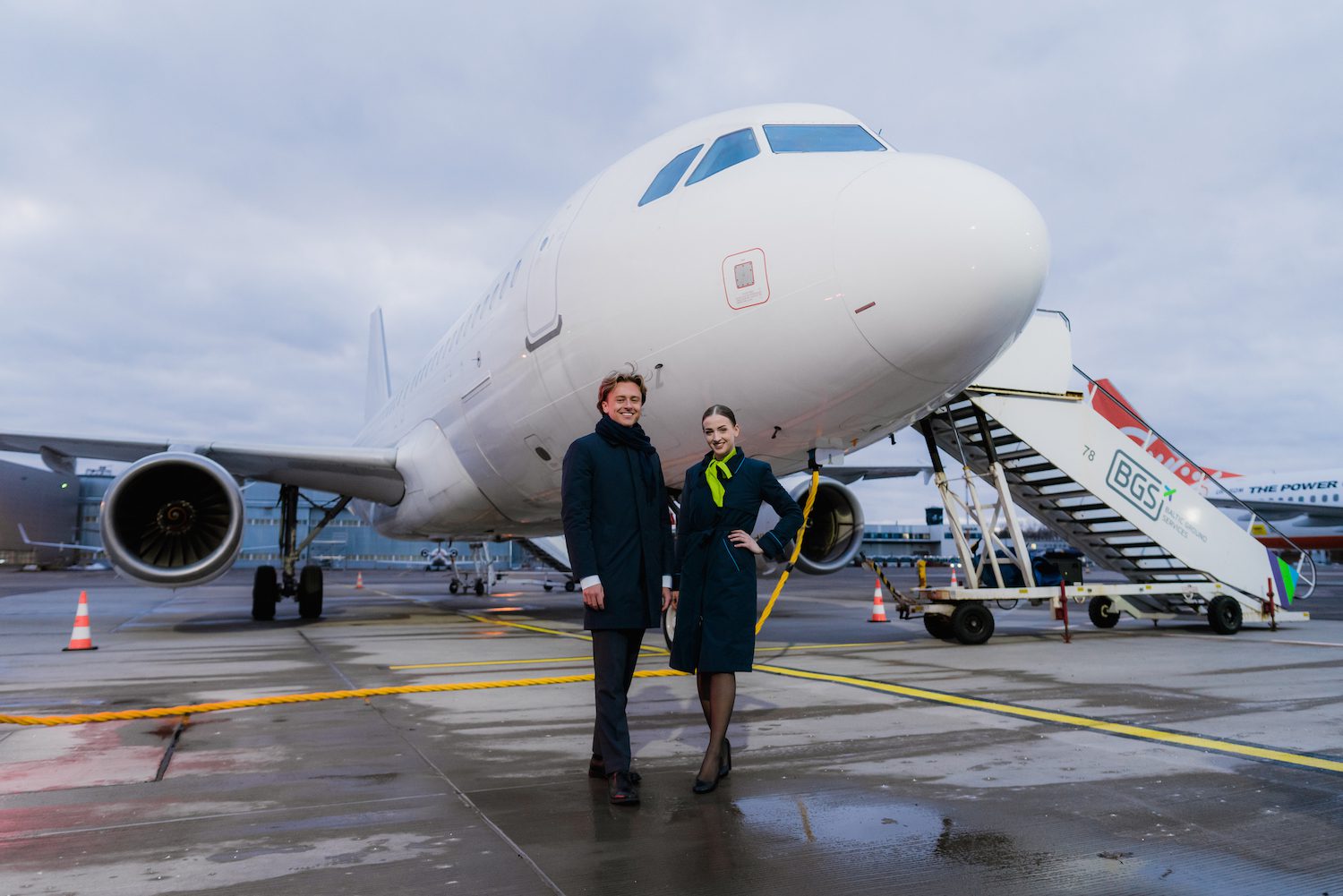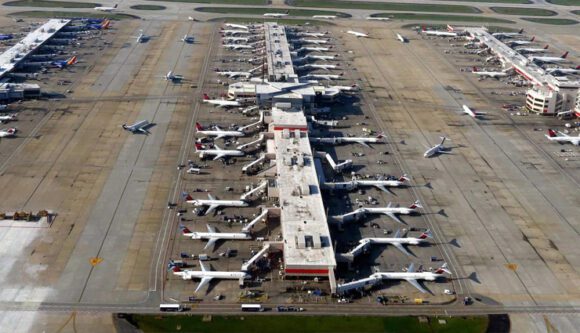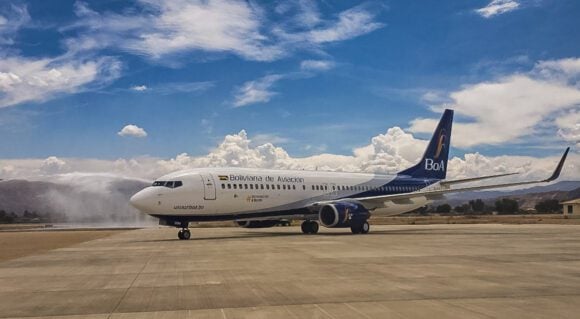
2023 03 06 airBaltic ACMI in Summer 1
airBaltic will induct four Airbus A320ceo’s into its fleet this summer season to make sure it has adequate capacity for its own operations and for those of other customers that wet-lease the airline’s own A220-300s. The carrier will wet-lease-in the four A320s from Malta-based charter operator Avion Express.
Two aircraft will be based at airBaltic’s main hub in Riga between March 26 and October 28, with two more aircraft to be stationed in Vilnius and Tallinn from May 1 until October 28. The A320s, which have a 180-seat cabin configuration, come with cockpit and cabin crew. It is the first time that the airline from the Baltic States will use the A320, having operated twenty Boeing 737-300s and -500s in the past before they were replaced by the Bombardier CS300/Airbus A220-300.
In January, CEO Martin Gauss told AirInsight that his airline would wet-lease in some five aircraft this summer to make sure it has enough capacity. It plans to wet-lease out some fourteen A220s to other airlines, of which SWISS confirmed last Friday that it will use the white and green A220s.
GTF issues are hurting
Although airBaltic has plenty of spare capacity to wet-lease out, the reality is that it has numerous A220s as aircraft on the ground without engines. The Pratt & Whitney PW1500G-JM suffers from reliability issues and needs to be removed from the wings earlier than originally expected. “During the summer season, airBaltic had on average 6.7 aircraft on the ground due to the shortage of spare engines”, it says in its 2022 annual report. With airBaltic not the only airline to suffer from this, P&W’s MRO facilities have grown a huge backlog of engines that need inspection and replacement with new parts. Gauss said in January that it takes about eight months now before the engines come back.
“To mitigate the issues caused by the unprecedented shortage of the engines, the airline signed a supplemental commercial support agreement with its engine manufacturer. The supplemental commercial support agreement outlines how these operational issues are addressed and specifies the support the airline can receive in case its aircraft are unavailable for operations due to defined engine operational issues and if there are no replacement engines available. The management expects similar issues related to engine availability also in 2023 and also similar commercial support to be made available to it from the engine manufacturer,” the annual report says.
In a media statement, Gauss said today: “Although the challenges, caused by the pandemic and the war in Ukraine are still being felt, the aviation industry is gradually stabilizing. As a result, passenger demand for air travel is increasing. At the same time, the industry as a whole continues to face technical parts supply chain issues, which means we need additional capacity to carry all passengers, avoiding flight cancellations. Therefore, this summer airBaltic will be cooperating with Avion Express, which aircraft offer even more seats, thus allowing us to carry a greater amount of passengers.”
2022 results
airBaltic published its FY22 last Friday, reporting a net loss of €-54.2 million compared to €-135.7 million in 2021. Of this loss, €25.4 million was caused by the US dollar and other currency revaluations. The airline produced a €32 million operating profit versus a €-56 million loss the year before and an EBIT of €7.1 million versus €-82.5 million.
Consolidated revenues grew to €500 million from €204 million. The wet-lease of eleven A220s also contributed positively to the result. Operators were SAS, Eurowings, Eurowings Discover, and SWISS. In total, airBaltic carried 3.3 million passengers (2021: 1.6 million) at a load factor of 71.2 percent.
The effects from the Omicron variant in early 2022 and especially the war in Ukraine were largely offset by pent-up demand. The loss of the Ukrainian and Russian markets was fully compensated by the opening of new routes to destinations elsewhere in Europe, like Morocco, the Canary Islands, and Batumi. The airline also opened a base in Tampere in Finland. The network included 74 destinations in 31 countries. Business travel also returned strongly from Q3 onward. Yields were 12.8 percent up from the same quarter of 2019, but this was counterbalanced by several macroeconomic headwinds like high fuel costs and the strong US dollar versus the euro.
airBaltic ended 2022 with €38 million in cash and cash equivalents, down from €79.3 million the year before. Although adequate for this year, the airline will seek additional sources of financing in 2023. It has discussed a bonds issue some times before but isn’t ruling out seeking debt financing from its shareholders, of which the Republic of Latvia owns 97.97 percent and Aircraft Leasing 1 SIA 2.03 percent.
Net debt stood at €1.0 billion compared to €858 million. The airline has a fleet of 39 A220-300s, which it expects to grow to 47 this year and fifty in 2024. All De Havilland Canada Dash 8-400s that were parked in 2020 have now been returned to the lessor.
Views: 11



